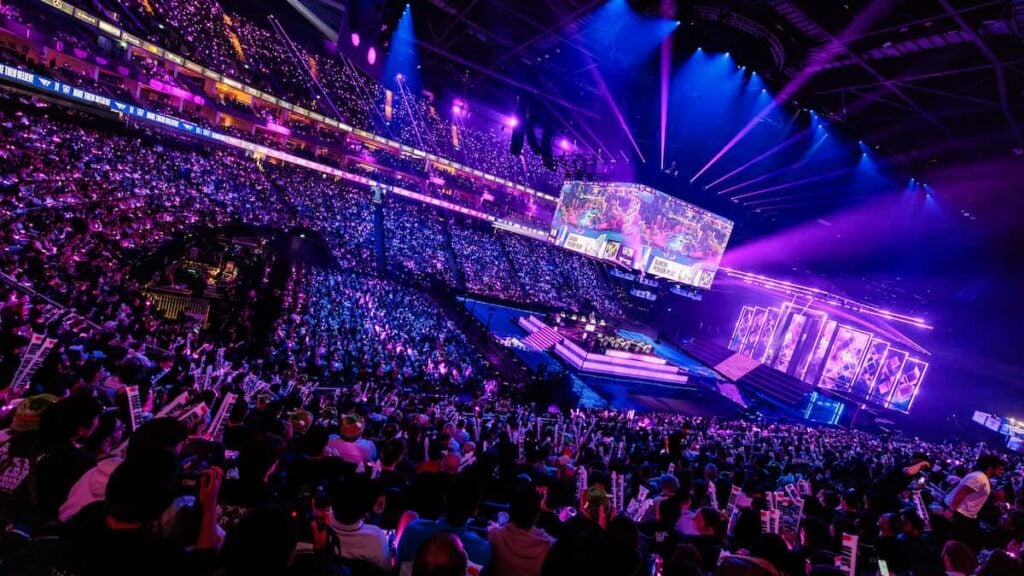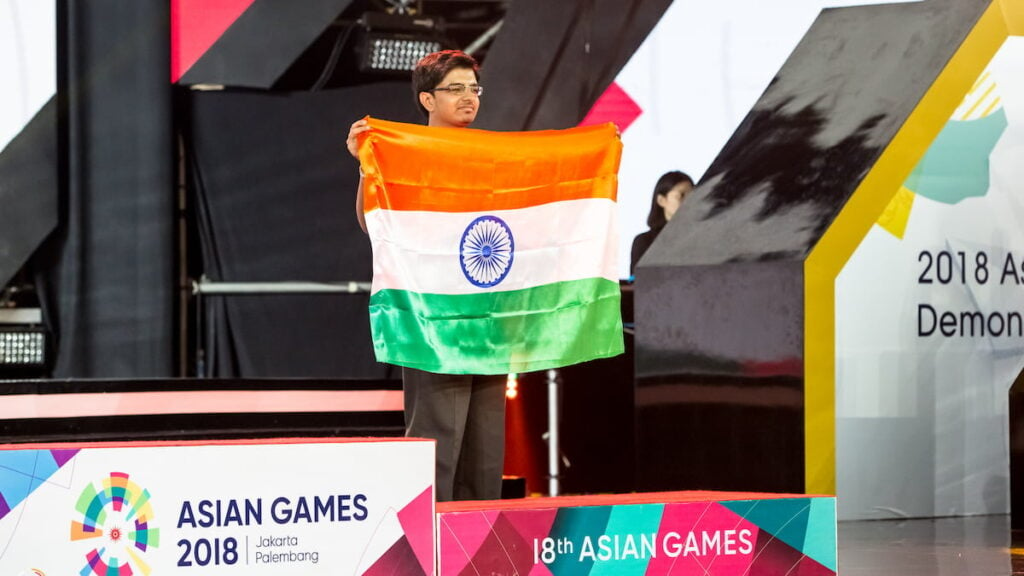
The Indian Parliament’s lower house, the Lok Sabha, passed the Promotion and Regulation of Online Gaming Bill by a voice vote on Aug. 20, approving a soon-to-be law that aims to completely ban online betting and real-money gambling.
The Online Gaming Bill draws a stark line in the sand, proposing a total ban on online real-money betting while simultaneously laying out a formal framework to promote and legitimize esports as a recognized competitive sport.
After years of advocacy from game developers and esports athletes for clearer regulations and legitimacy, the Bill represents a monumental victory. While the industry successfully lobbied for the formal recognition of skill-based gaming and esports, the government’s response came packaged with an unequivocal and total ban on the lucrative real-money gaming sector, which is the country’s main revenue source compared to esports and casual gaming.

The move comes after the country’s Supreme Court weighed a blanket ban on online betting apps after consultations with key stakeholders like Telecom Regulatory Authority of India (TRAI), Reserve Bank of India, and the Enforcement Directorate.
The core of the bill is a complete ban on what it terms online money games. The ban applies to any game where a user pays a fee or deposit expecting to win money or other valuable stakes. Critically, this prohibition applies whether the game is based on skill, chance, or a combination of both, but it doesn’t affect casual video games.
The ban is comprehensive, making it illegal to offer, advertise, or process payments for these services. Violations carry severe penalties, including imprisonment for up to three years and fines as high as one crore Indian rupees for operators. These offenses are classified as cognizable and non-bailable, granting enforcement agencies significant power to pursue offenders.
One of the main reasons for this sudden pivot in central government’s policies is that the expansion of online money gaming services has been linked to “unlawful activities including financial fraud, money-laundering, tax evasion, and in some cases, the financing of terrorism,” which pose threats to national security, public order, and the integrity of the country, according to the bill.

In contrast, the bill formally recognizes and seeks to nurture the esports ecosystem by legally defining “e-sport” as a competitive game where the outcome is determined strictly by “physical dexterity, mental agility, or strategic thinking,” explicitly excluding any form of betting or wagering.
The government has pledged active support through the formation of guidelines for competitive events, the establishment of training academies and research centers, and the introduction of incentive schemes to encourage Indian gaming startups and technology platforms. This long-awaited recognition, which also includes integrating esports into the country’s National Sports policy, marks a transformative step toward legitimizing esports as a professional discipline and providing the structure needed for its growth in the country.
While the bill has been passed by the Lok Sabha, it still needs to clear the Parliament’s upper house, the Rajya Sabha, and get the approval from the President to become a law, which should happen in the coming days.
This bill creates a stark new reality where developers and investors must now pivot entirely toward the fostered ecosystems of esports, casual gaming, and game development, as the door to betting and wagering has been decisively slammed shut by the government.
“This bill marks a historic turning point for Indian esports. By drawing a clear line between skill-based competitive gaming and betting, it safeguards the integrity of our ecosystem while opening doors for structured growth,” Animesh “Thug” Agarwal, co-founder and CEO of S8UL, said. “The focus must now be on developing infrastructure such as arenas, bootcamps, education programs, and scholarships to nurture the next generation of talent, whether competing on the world stage or shaping culture as gaming creators,” he added.
S8UL was the only Indian esports organization that represented the country at the Esports World Cup 2025.
If you’re looking to explore mainstream esports betting opportunities, check out the best platforms for CS2, Dota 2, and League of Legends.







